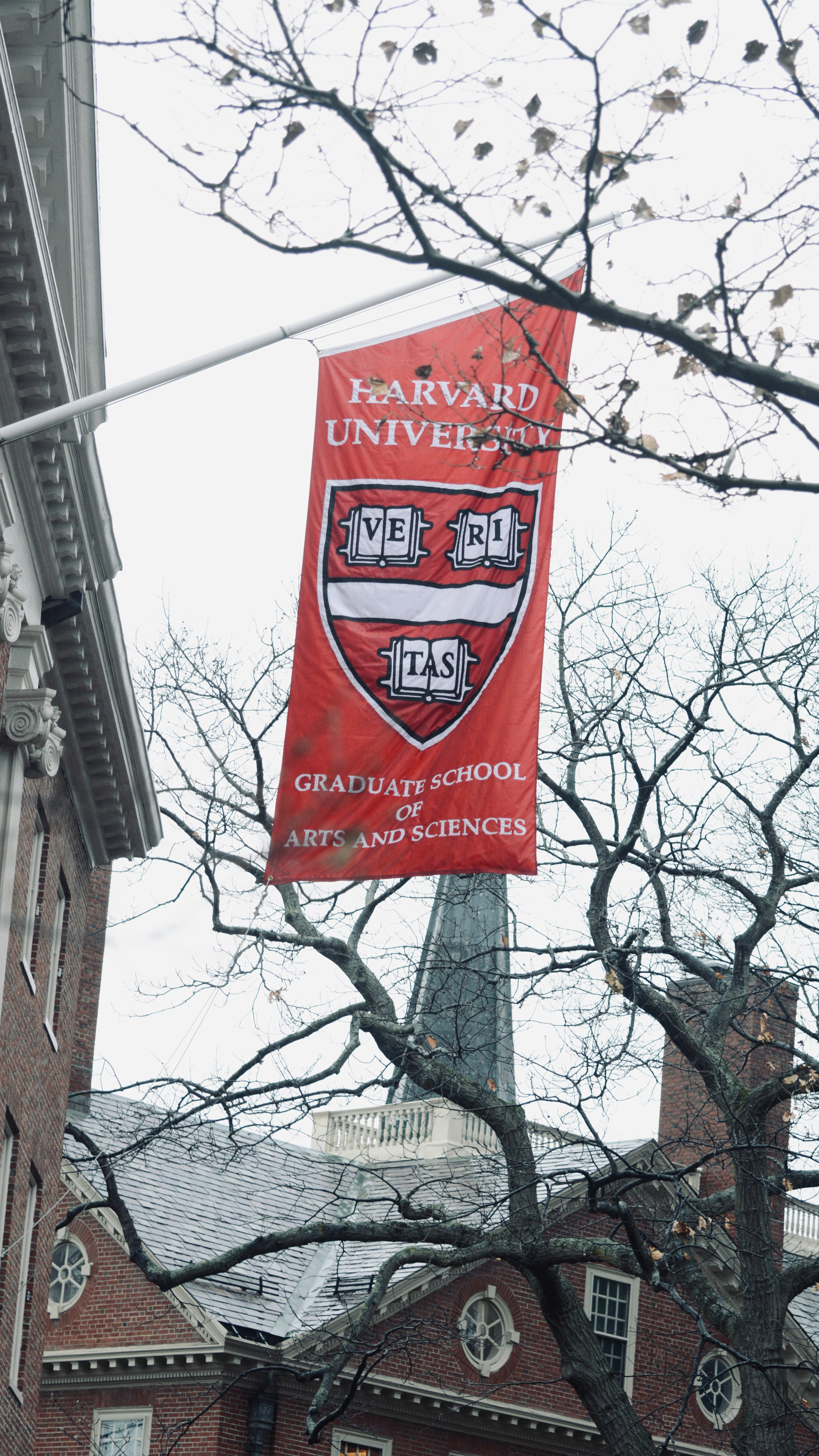MIT Courses

Introduction to Computer Science and Programming Using Python
Subject: Computer Science
Level: Introductory
Prerequisites: High school algebra and a reasonable aptitude for mathematics. Students without prior programming background will find there is a steep learning curve and may have to put in more than the estimated time effort.
Associated skills: Computer Science, Python (Programming Language), Data Science, Computational Thinking, Sales
What You'll Learn:
- A Notion of Computation
- The Python programming language
- Some simple algorithms
- Testing and debugging
- An informal introduction to algorithmic complexity
- Data structures
General Chemistry I: Atoms, Molecules, Bonding
Subject: Chemistry
Level: Intermediate
Prerequisites: High School Chemistry (Module 0 provides background information), Pre-Calculus-Level Mathematics, 5.01x is a prerequisite for 5.02x
Associated skills:Physics, Machinery, Forecasting, Biology, Physical Chemistry, Chemistry, Biochemistry, Liquid Oxygen, Environmental Science, Materials Science, Organic Chemistry, Quantum Chemistry, Geometry, Chemical Structure, General Chemistry
What You'll Learn:
- Wave-Particle Duality of Energy and Matter
- Introductory Quantum Mechanics
- Electronic Structure of Atoms
- Molecular Bonding and Structure
- Intermolecular and Interatomic Interactions
World Music: Global Rhythms
Subject: Music
Level: Introductory
Prerequisities: None
Associated skills:Musical Notation, Curiosity, World Music, Violin, Virtuoso
What You'll Learn:
- Learn to recognize important global rhythms, understand some of their history and how they have impacted contemporary music
- Learn to feel and play these rhythms
- Concepts and techniques of rhythm and metric structure
Harvard University Courses
CS50's Introduction to Programming with Phyton
Subject: Computer Science
Level: Introductory
Prerequisities: None
Associated skills: Python (Programming Language), Data Science, Regular Expressions, C (Programming Language), Debugging, Computer Science, Unit Testing, Personal Computers, Web Browsers, JavaScript (Programming Language), Boolean Expression, SQL (Programming Language), Web Development
What You'll Learn:
- Functions, Variables
- Conditionals
- Loops
- Exceptions
- Libraries
- Unit Tests
- File I/O
- Regular Expressions
- Object-Oriented Programming
- Et Cetera
Calculus Applied!
Subject: Math
Level: Intermediate
Prerequisities: Single-variable Calculus (derivatives, integrals and basics of differential equations); College or AP/IB High School Level
Associated skills: Calculus, Physical Science, Data Modeling, Mathematical Modeling, Differential Equations, X-Ray Computed Tomography, Derivatives, Biology
What You'll Learn:
- Authentic examples and case studies of how calculus is applied to problems in other fields
- How to analyze mathematical models, including variables, constants, and parameters
- Appreciation for the assumptions and complications that go into modeling real world situations with mathematics
Science & Cooking: From Haute Cuisine to Soft Matter Science (Physics)
Subject: Physics
Level: Introductory
Prerequisites: Secondary school (high school) algebra, basic mathematics concepts
Associated skills: Cooking, Chemistry, Research, Baking, Physics, Experimentation, Soft Matter
What You'll Learn:
- The chemical and physical principles that underlie everyday cooking and haute cuisine techniques
- How chefs can use enzymes to make foods that would otherwise be impossible
- How to use the scientific method to learn how a recipe works, and find ways you could improve it
- How to think like a chef AND a scientist.
Tangible Things: Discovering History Through Artworks, Artifacts, Scientific Specimens, and the Stuff Around You
Subject: Humanities
Level: Introductory
Prerequisites: None
Associated skills: Painting, Collections, Museum Studies
What You'll Learn:
- Understanding of museum curation approaches
- The basics of historical analysis and interpretation
- A sense of the work that historians, curators, and collectors perform
- Strong critical thinking and analytical skills
- How things that seem to belong to different disciplines actually can “talk” to one another
- How close looking at even a single object can push beyond academic and disciplinary boundaries
- How things that may seem unrelated to each other can show relationships between art and science, economics, and culture, as well as between people in many different parts of the world

